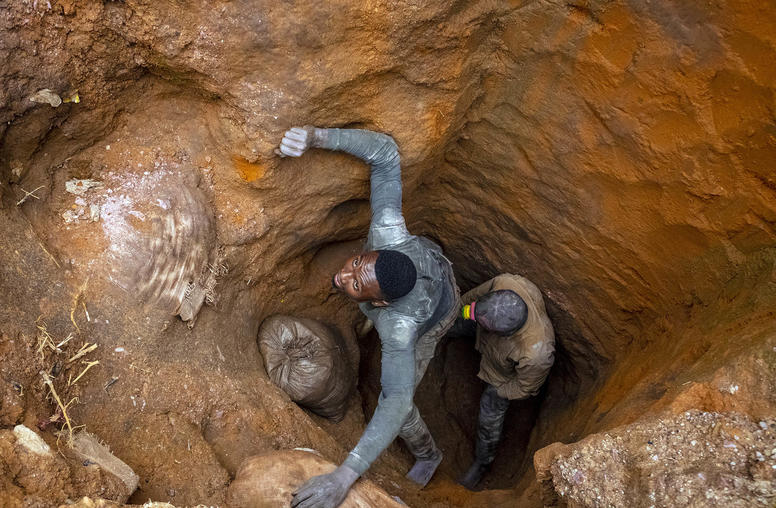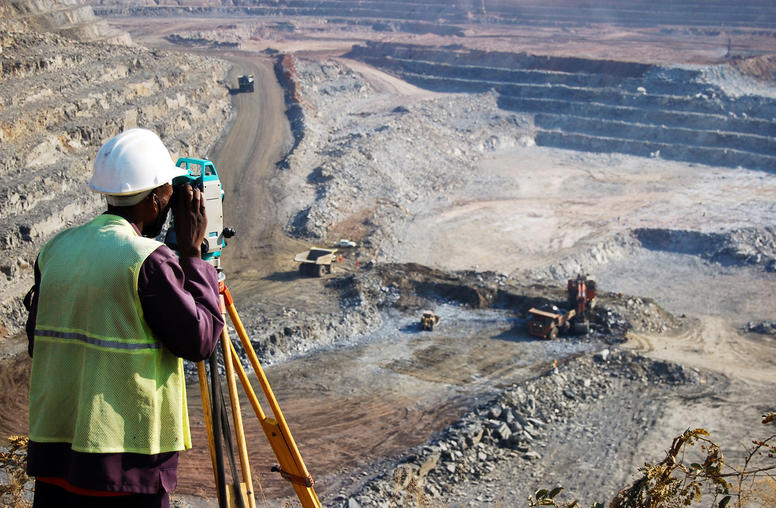Achieving Climate Security
About the Paper
The ambition of civilian leaders at the Pentagon to bring climate security policy to scale quickly is running into the shoals of a peculiar reality: climate security as a concept is not well defined and controversial, even as climate impacts on societies are mounting. There is clearly a connection between the effects of a changing climate and security—security both in the broadest sense of the safety and well-being of human societies and in the narrower sense of threats to civil order—but there is insufficient climate security research and analysis to guide policy. As governments and international organizations increasingly seek to put climate security policies into motion, there is an urgent need for a stronger informational base to build on, spurred on by troubling signs of accelerating climate change. This paper reviews the origins of the concept of climate security as it has evolved in the United States (and the controversy surrounding the term), provides an overview of some of the tools being developed to provide information to policymakers and guide their decisions on climate security, and concludes with suggestions for new research.
About the Author
Sharon Burke is president of Ecospherics, a Washington, DC-based firm that works with businesses, governments, and nonprofits to develop sustainability strategies for dealing with biodiversity loss, water stress, energy insecurity, mineral competition, and other climate and environment-related challenges. She was previously senior advisor and director of the Resource Security Group at New America, assistant secretary of defense for operational energy plans and programs in the Pentagon, senior fellow and vice president at the Center for New American Security, and a member of the Policy Planning Staff at the US Department of State.
This research was funded by USIP’s Climate, Environment, and Conflict Program, which is solely responsible for the accuracy and thoroughness of the content. The views expressed in this discussion paper are those of the author alone and do not necessarily reflect the views of the United States Institute of Peace.



